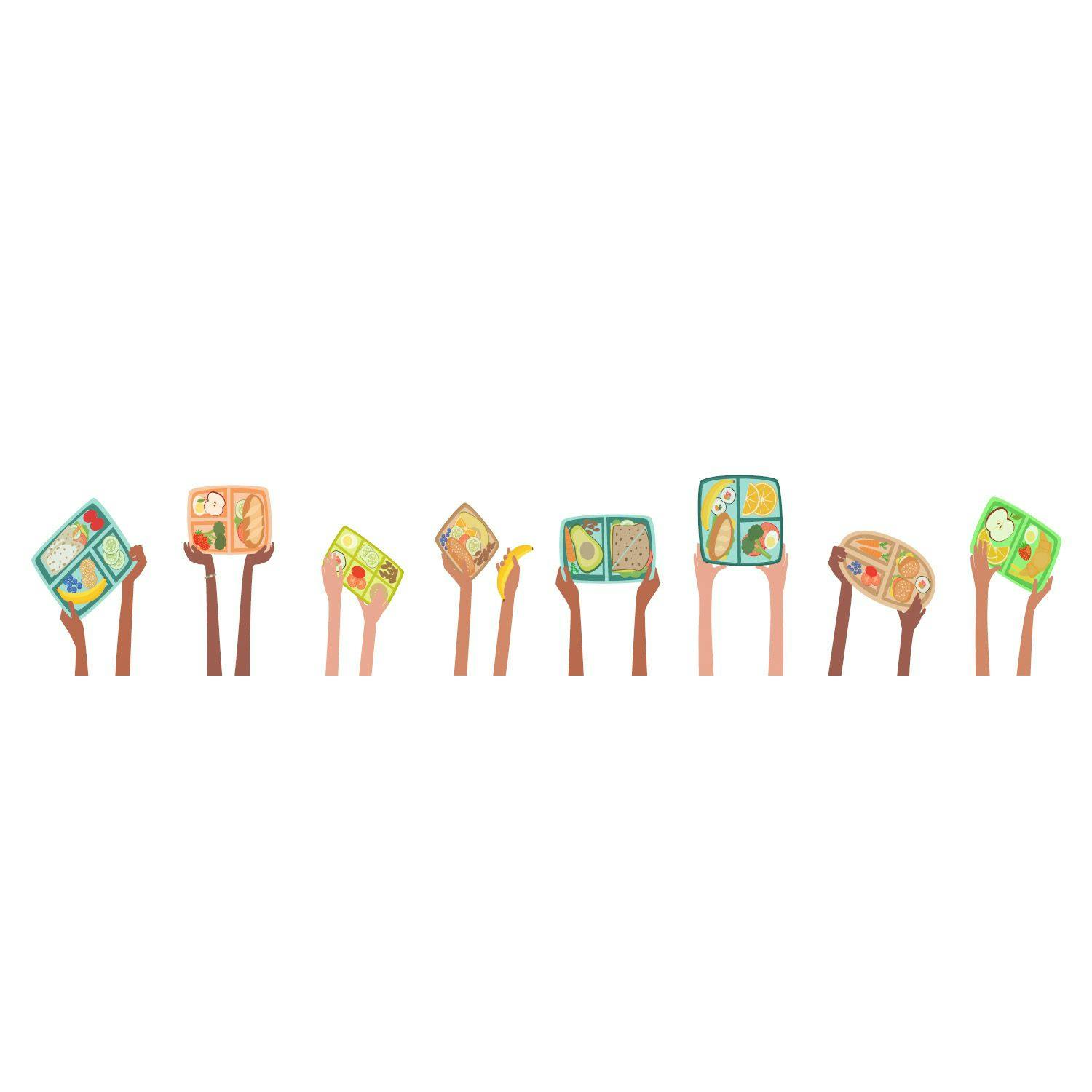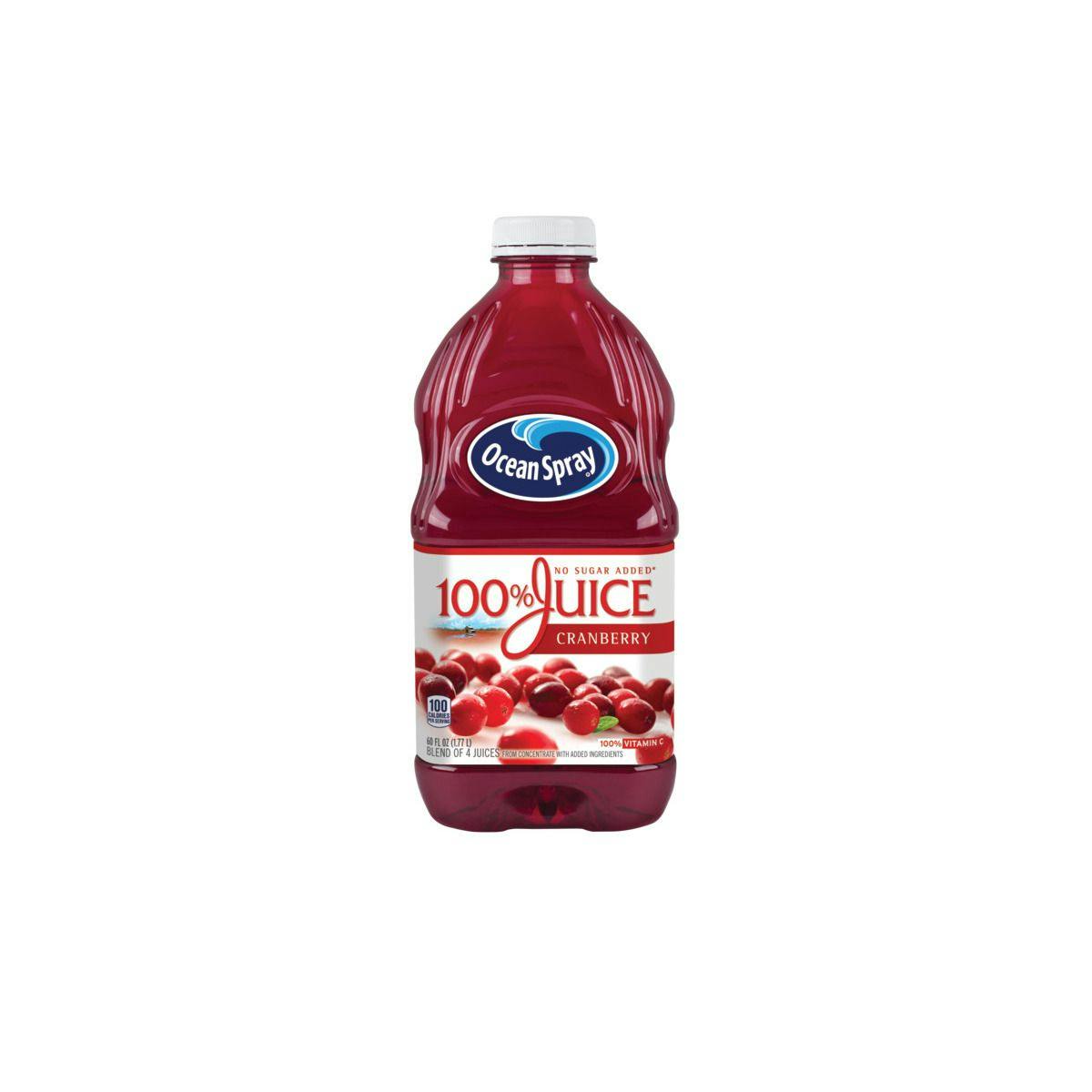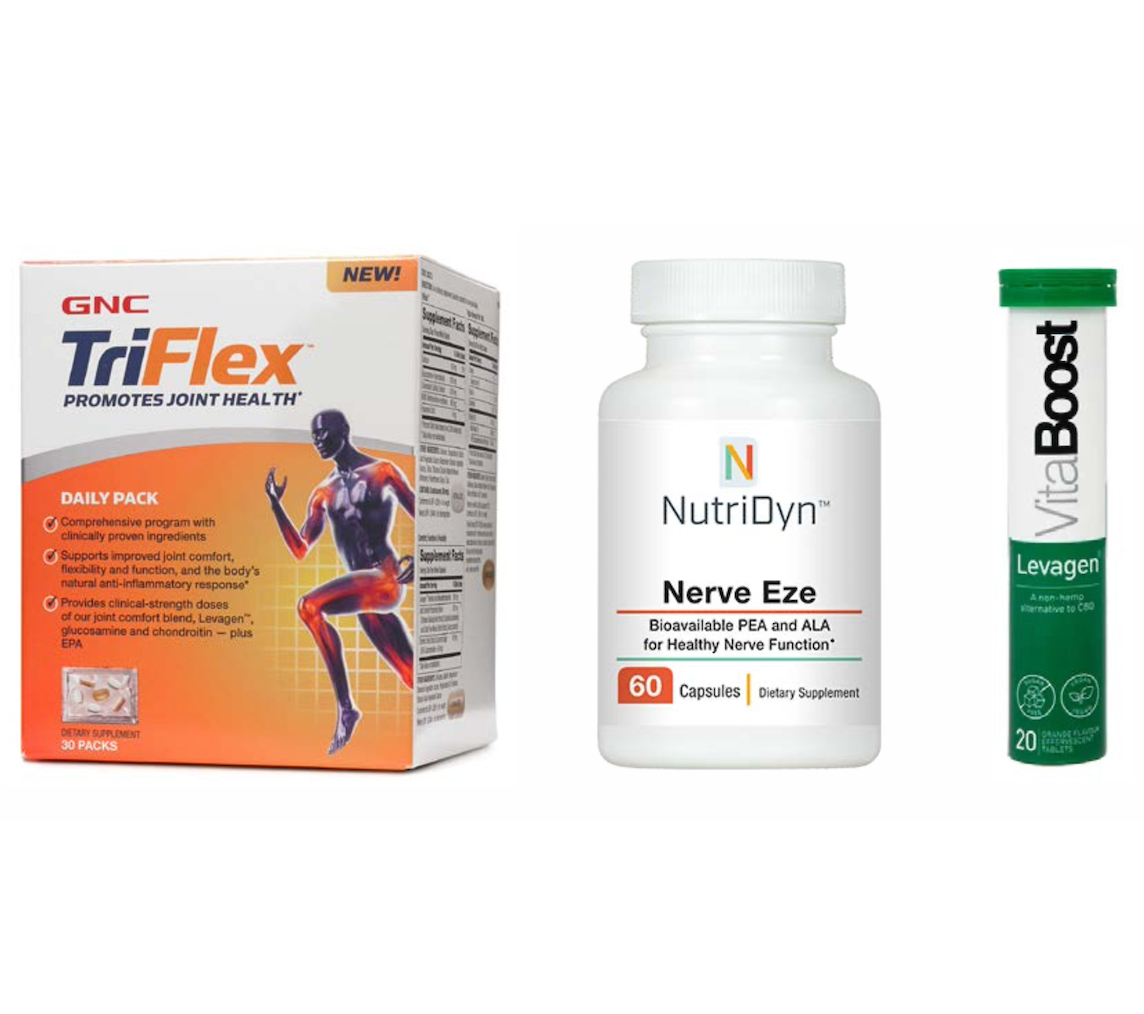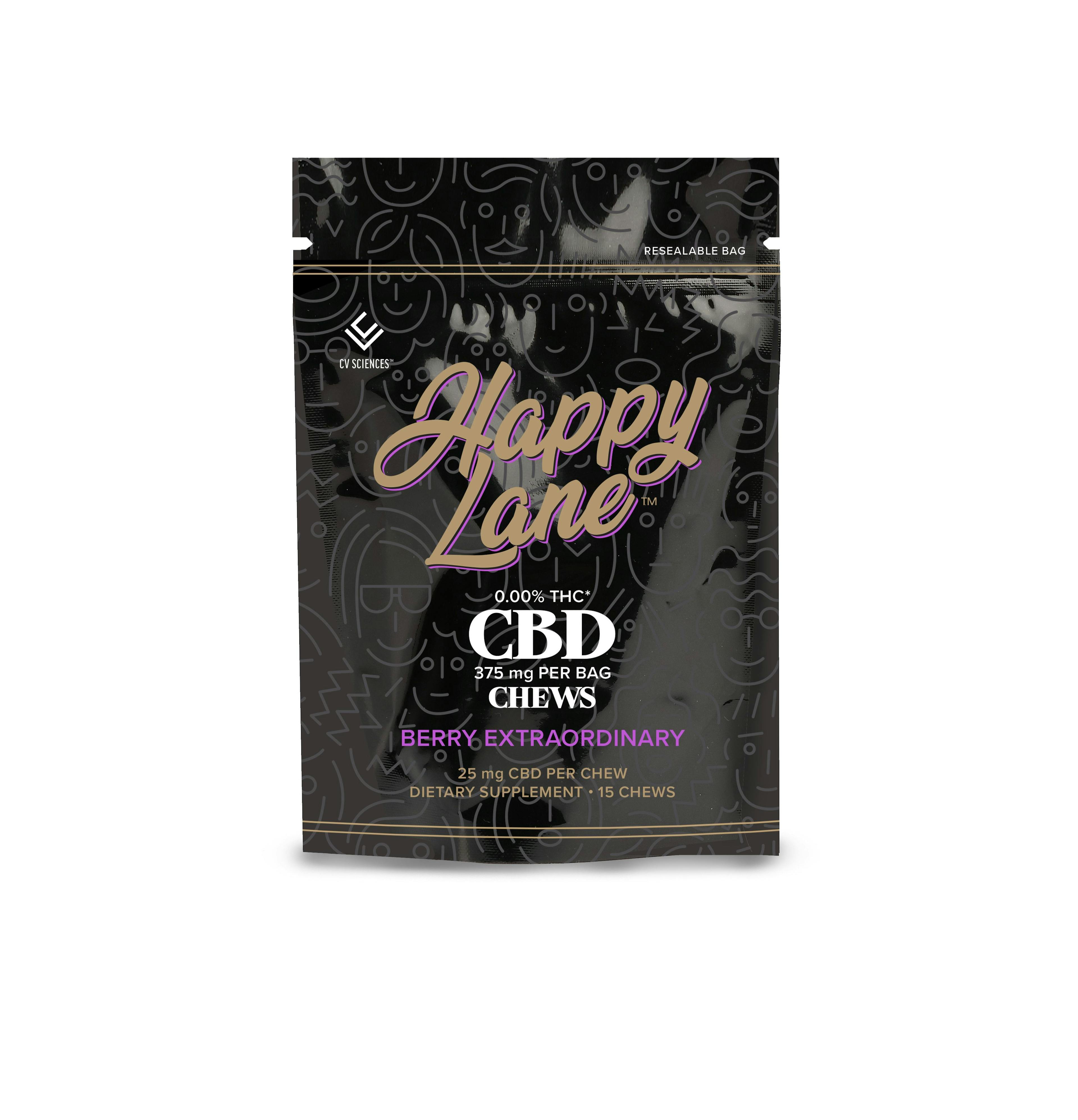Nutritional Outlook’s 2020 Best of the Industry Awards, Industry Leader: Ocean Spray
The company’s landmark cranberry health claim win will benefit consumers and the industry at large.
Photo from Ocean Spray
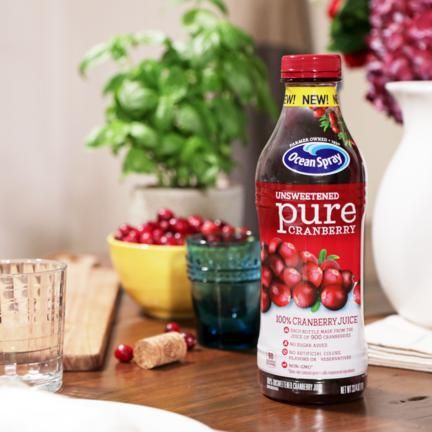
Cranberries have long enjoyed a rare perch, embraced by natural-channel shoppers and mainstream customers alike as a natural health remedy. In the U.S., use of the polyphenol-rich American cranberry species Vaccinium macrocarpon dates back centuries to when Native Americans used cranberries for medicinal purposes and sailors used cranberries to prevent scurvy.1,2 In the 20th and 21st centuries, cranberries have been studied for their health-promoting phytochemical constituents—one of the most researched being A-type proanthocyanidins (PACs) and their ability to prevent urinary tract infections (UTIs).
While consumer lore has long touted the benefits of drinking cranberry juice for helping to ward off UTIs, scientists are working to substantiate that belief. The conclusions drawn from cranberry studies vary3, and new human clinical trials continually add to the literature. In 2020, the health legitimacy of cranberries got a definitive, dramatic lift in the U.S. in the form of a landmark qualified health claim. Spearheading this feat was the company who put cranberry products on the retail map: Ocean Spray (Lakeville, MA).
On July 21, 2020, FDA announced that moving forward it will exercise enforcement discretion for product claims linking a reduced risk of recurrent UTIs in healthy women with consumption of cranberry juice beverages containing at least 27% cranberry juice—such as many commercially available cranberry cocktails in the supermarket—as well as consumption of dietary supplements containing at least 500 mg of cranberry fruit powder (100% fruit).4
“The FDA’s announcement of a qualified health claim is fantastic news for Ocean Spray,” says Christina Khoo, director of emerging science, nutrition, and regulatory affairs for Ocean Spray. “Cranberries are one of only a handful of ingredients to obtain this stamp of approval from the FDA since 2003 when qualified health claims were instituted as part of the Consumer Health Information for Better Nutrition Initiative.” This FDA initiative aims to “provide more and better information to consumers about the health and nutritional benefits of their products”—including through qualified health claims.5
A qualified health claim does not rise to the full strength of an FDA authorized health claim. While both types of claims describe the relationship between a substance and a disease or health-related condition, authorized health claims are allowed to simply state “that a food or food component may reduce the risk of a disease or a health-related condition.”6 By contrast, qualified health claims are claims deemed by FDA to be “supported by scientific evidence, but do not meet the more rigorous ‘significant scientific agreement’ standard required for an authorized health claim.” Instead, qualified claims must include “qualifying language to accurately communicate to consumers the level of scientific evidence supporting the claim.”7
FDA does not “approve” qualified health claims, but companies can petition the agency to exercise enforcement discretion when a qualified health claim is used on packaging and in marketing. FDA will review the petition and then, if its opinion of the claim is positive, issue a letter to the company indicating that it will not object to the qualified claim when used, as long as its usage meets the agency’s requirements. This is what FDA did in the case of Ocean Spray. On September 8, 2017, Ocean Spray initially submitted a petition to FDA for an authorized health claim linking cranberries to prevention of UTIs. In February 2018, FDA instead filed the petition as a qualified health claim and in July 2020 said it would exercise enforcement discretion over the qualified health claim.
Even as a qualified health claim, this claim is a milestone achievement. “Cranberries are now the only food with an approved qualified health claim for reducing an infectious disease, UTIs,” says Khoo.
She also points out that a qualified health claim is superior to the structure/function claims more common in the food and supplements markets. “A structure/function claim explains how a nutrient might help improve a normal structure or function of the body (e.g., “calcium helps build strong bones”). The qualified health claim FDA has announced permits Ocean Spray to say a bit more by informing consumers that the scientific evidence, while still characterized by FDA as limited and inconsistent, demonstrates that covered cranberry products ‘may help reduce the risk of recurrent UTIs in healthy women.’”
She continues: “The qualified health claim is a huge achievement for Ocean Spray and for cranberries. We are proud that the cumulative research conducted over many years allowed us to have the first qualified health claim for a food to help address combating an infectious disease.”
With this new qualified health claim in hand, cranberry beverages that meet FDA’s content threshold requirement can feature a product claim like: “Limited and inconsistent scientific evidence shows that by consuming one serving (8 oz) each day of a cranberry juice beverage, healthy women who have had a urinary tract infection (UTI) may reduce their risk of recurrent UTI.” For cranberry supplements, the claim would look something like: “Limited scientific evidence shows that by consuming 500 mg each day of cranberry dietary supplement, healthy women who have had a urinary tract infection (UTI) may reduce their risk of recurrent UTI.” Notably, FDA says these claims are not allowed on other conventional foods made from or containing cranberries such as dried cranberries or cranberry sauce.4
Ocean Spray’s marketing and communications teams are now planning the best way to feature the new health claim on-pack. Photo from Ocean Spray.
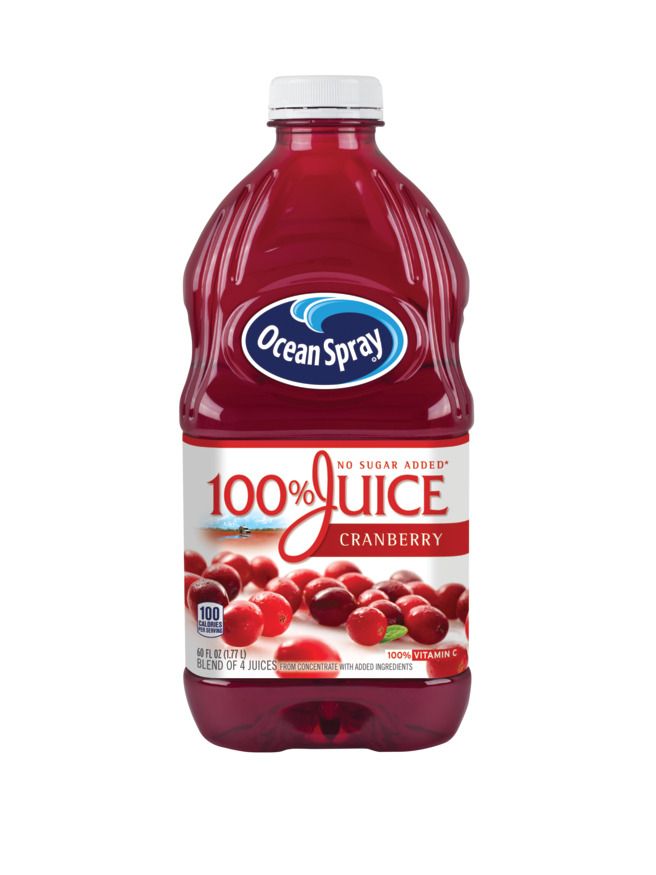
When asked if Ocean Spray was disappointed that FDA did not award an authorized claim, Khoo says no. “We are not disappointed that a full, authorized health claim was not provided. Nutrition research on food is hard to do as we typically cannot control food intake or other environmental influences. We are proud that the cumulative research conducted over many years by qualified researchers conducting well-designed studies allows us to have the first qualified health claim for a food to help address a recurring infection. It is great recognition of the benefits of this superfruit and the bioactive components such as polyphenols and phenolic acids that are present in abundance in this fruit.”
The health claim points to how cranberries have influenced—and will continue to influence—the urinary tract health landscape. For instance, says Khoo, “It is likely that there will be more studies on cranberries, and there should be, as the issue of antibiotic resistance continues to grow.” Antibiotics are commonly prescribed by medical practitioners for UTI treatment, and cranberries can play a bigger role as a natural preventative. By doing so, they may also help address rising healthcare costs. Khoo notes that the World Health Organization reports UTI-related healthcare costs eclipse $1 billion annually.
Most importantly, cranberries can make a difference to consumer health. While “our internal experts would be the first to state that cranberry products are not a treatment for UTI,” says Khoo, when it comes those who suffer the common problem of recurrent UTIs “if cranberry products can help increase the time between episodes or prevent it altogether, it would be incredibly beneficial and improve the quality of life for them.”
Research on cranberries and their UTI benefits continues to emerge, directly and indirectly helped along by Ocean Spray. For instance, one of the studies substantiating the company’s health claim petition was Ocean Spray’s own large-scale clinical trial published in the American Journal of Clinical Nutrition in 2016 that found that drinking 8 oz of cranberry juice daily reduced the occurrence of UTIs by nearly 40% in women with recurring UTIs.8 The two-year, randomized, double-blind, placebo-controlled, multicenter study was conducted in 373 women and described by Ocean Spray as the “single largest clinical trial on cranberries of its kind.”9
“With that trial published in 2016, the team at Ocean Spray started the process of submission, first by doing a thorough review of the literature with a systematic review, and then putting the dossier together,” says Khoo, who led the team. Even after the petition was submitted in September 2017 and Ocean Spray waited for FDA to do its review, at least two other positive meta-analyses on cranberries and UTIs were published, meaning the science on cranberry is even stronger now than when Ocean Spray first submitted its petition.
The reason FDA may have lowered the claim’s status to qualified status makes sense to Khoo, she says. While there have been many studies worldwide on cranberries and UTIs—and with Ocean Spray helping to provide its products and placebo beverages for ongoing trials—study protocols and materials across the spectrum of research varies, she says. “Over the years, some trials were conducted with double-blind, placebo-controlled randomized design with enough sample sizes, but others were not, and different products were being used that were not supplied by Ocean Spray. Hence, there was an array of results.”
Ultimately, the health claim win for Ocean Spray will not only strengthen the loyalty of the brand’s existing customers but also help the company capture new ones. Ocean Spray’s marketing and corporate communication teams are now deciding how to best leverage the claim in packaging and marketing. The claim can be used on many of Ocean Spray’s juices and juice cocktails, as well as Ocean Spray Cranberry + Health Juice Drinks.
Ocean Spray's Cranberry + Health juice drink. Photo from Ocean Spray.
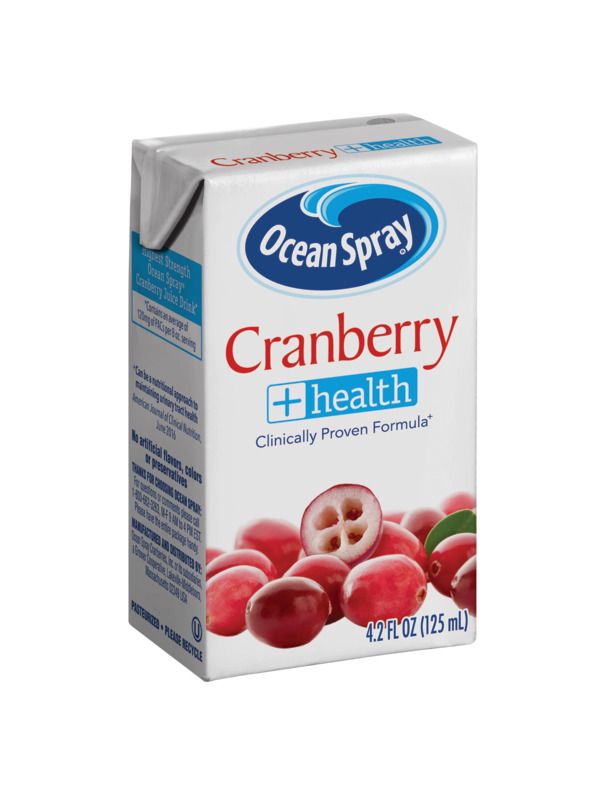
The company credits many for paving the way to the health claim, including contract research organization Biofortis Research (a Mérieux NutriSciences Company), who helped assemble the scientific dossier for the petition, and attorney Sarah Roller, partner at Kelley Drye & Warren LLP, who aided the submission process. “First and foremost,” says Khoo, “we would like to acknowledge our grower owners for their continued support of the research on cranberries. We’d also like to acknowledge all the researchers at various universities and institutes who dedicate their time in this field and have continued to study the benefits of cranberries…”
“It is important to note that this research on cranberries will benefit the cranberry industry,” Khoo adds. And thanks to Ocean Spray, the new qualified health claim will benefit the entire cranberry market.
References
- Blumberg JB et al. “Cranberries and their bioactive constituents in human health.” Advances in Nutrition, vol. 4, no. 6 (November 2013): 618-632
- Cranberry Marketing Committee webpage. “About Cranberries.” Accessed November 25, 2020.
- Zuger A. “Reputation of a Berry Is Difficult to Confirm.” The New York Times. Published online January 31, 2011.
- FDA letter re: Health Claim Petition—Consumption of Cranberry Products and Reduced Risk of Recurrent Urinary Tract Infection in Healthy Women (Docket No. FDA-2018-Q-0739). Issued July 21, 2020. Accessed here.
- FDA website. Consumer Health Information for Better Nutrition Initiative: Task Force Final Report. Issued July 10, 2003.
- FDA website. Authorized Health Claims that Meet the Significant Scientific Agreement (SSA) Standard.
- FDA website. Qualified Health Claims.
- Maki KC et al. “Consumption of a cranberry juice beverage lowered the number of clinical urinary tract infection episodes in women with a recent history of urinary tract infection.” American Journal of Clinical Nutrition, vol. 103, no. 6 (June 2016): 1434-1442
- Ocean Spray press release. “Landmark Study Suggests Cranberries Can Decrease Use of Antibiotics.” Issued June 14, 2016.


.png&w=3840&q=75)

.png&w=3840&q=75)



.png&w=3840&q=75)



.png&w=3840&q=75)

